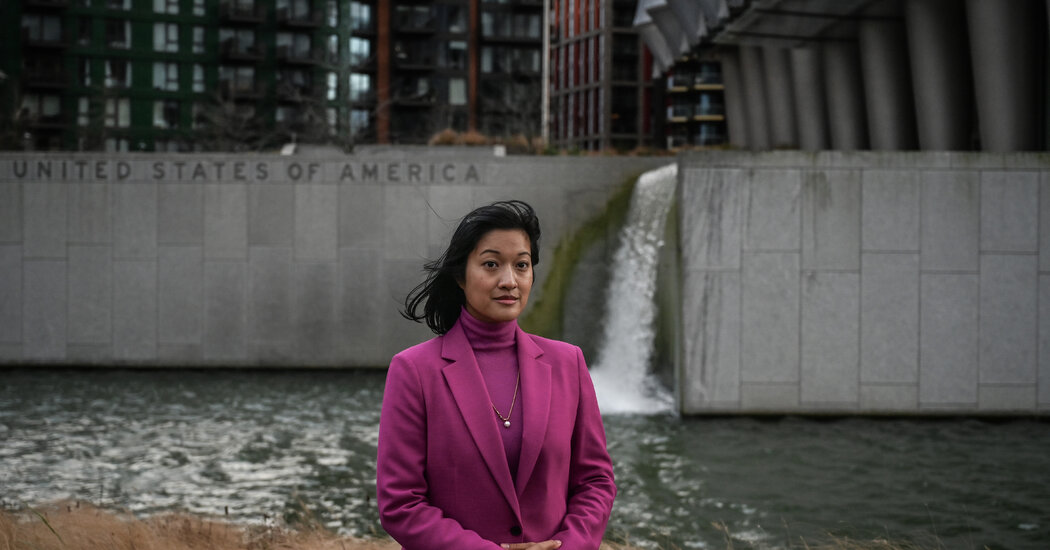
When Thomas Wong set foot in the United States Embassy in Beijing this summer for a new diplomatic posting, it was vindication after years of battling the State Department over a perceived intelligence threat — himself.
Diplomatic Security officers had informed him when he joined the foreign service more than a decade ago that they were banning him from working in China. In a letter, he said, they wrongly cited the vague potential for undue “foreign preference” and suggested he could be vulnerable to “foreign influence.”
Mr. Wong had become a U.S. diplomat thinking that China was where he could have the greatest impact. He had grown up in a Chinese-speaking household and studied in the country. And as a graduate of West Point who had done an Army tour in the Balkans, he thought he had experience that could prove valuable in navigating relations with the United States’ greatest military and economic rival.
As he looked into the ban, he discovered that other diplomats — including many Asian American ones — faced similar restrictions. Security officers never gave the exact reasons, and they made the decisions in secret based on information gathered during the initial security clearance process. Thousands of diplomats have been affected by restrictions over the years.
We are having trouble retrieving the article content.
Please enable JavaScript in your browser settings.
Thank you for your patience while we verify access. If you are in Reader mode please exit and log into your Times account, or subscribe for all of The Times.
Thank you for your patience while we verify access.
Already a subscriber? Log in.
Want all of The Times? Subscribe.

